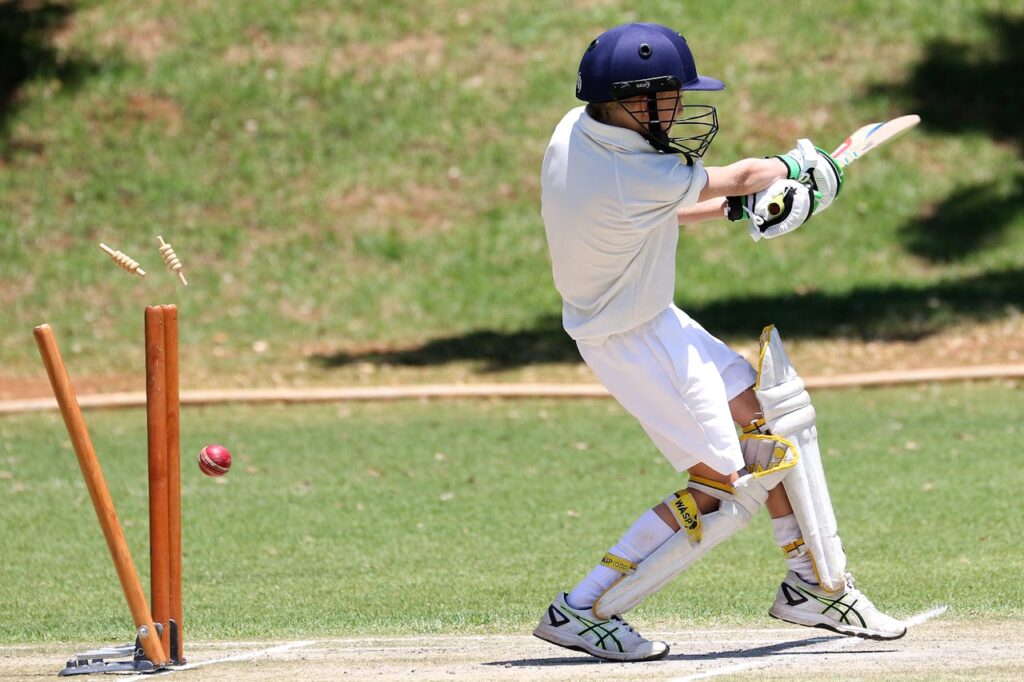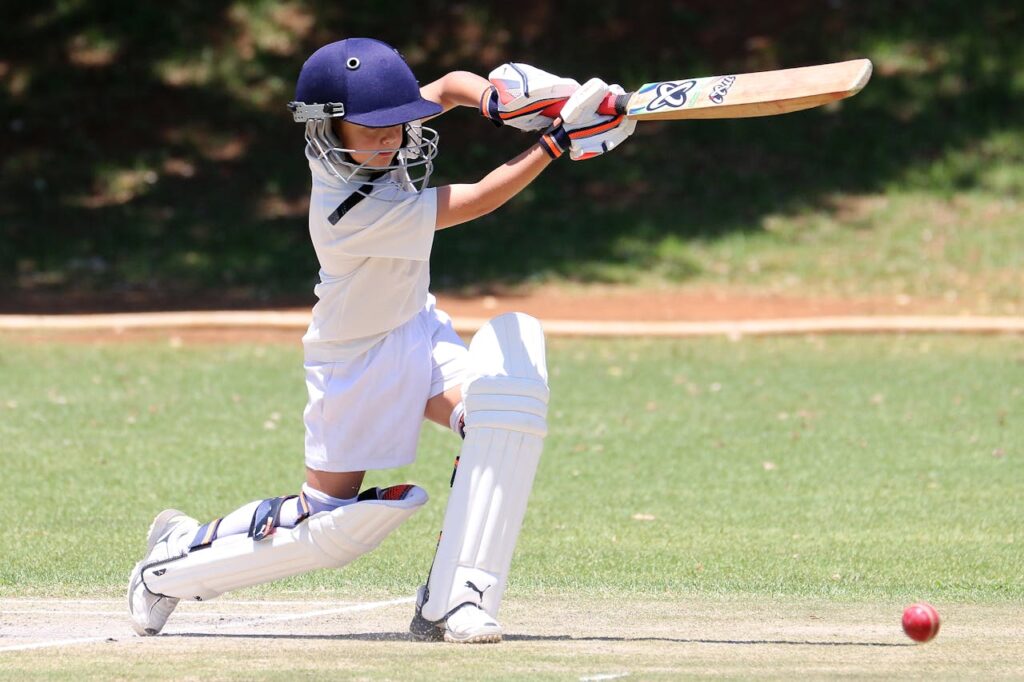When the Indian Premier League thunders into screens and stadiums across the globe, it’s easy to focus on sixes, hat-tricks, and voice-cracking commentators. But behind the gloss of floodlit drama lies a fiercely structured world of cricket capitalism—one led by IPL team owners whose influence extends far beyond the auction table. These aren’t just passive investors; they’re visionaries, corporate czars, film legends, and sports tycoons who help shape the pulse and performance of this global cricketing juggernaut.
In this extensive guide, we unpack everything a true connoisseur or curious fan should know about IPL franchise owners—their influence, investment, background stories, and how their decisions ripple across tactics, branding, and even fan emotions. If you’ve ever wondered “Who really owns IPL teams?” or “How do corporates and celebrities run a cricket team?”, let’s get honest, detailed, and a bit behind the curtain.
Table of Contents
- 1. The Genesis of IPL Team Ownership
- 2. Ownership Structure of IPL Franchises
- 3. Team-wise Breakup of IPL Team Owners (Table)
- 4. Mini-Profiles of IPL Team Owners
- 5. Celebrity Power & the IPL
- 6. Corporate Strategy Meets Cricket
- 7. Key Shifts in IPL 2024 Ownership Landscape
- 8. Net Worth & Investments of IPL Team Owners
- 9. Top 5 Most Influential IPL Owners Today
- 10. Becoming an IPL Team Owner – What It Takes
- 11. Ownership Controversies That Rocked the League
- 12. BCCI & IPL Ownership – Who Holds the Strings
- 13. Final Reflections: The Human Factor Behind Cricket’s Greatest Show
The Genesis of IPL Team Ownership
When the IPL concept was modelled on the lines of city-based league competition, such as the EPL or NFL, the BCCI didn’t simply want to sell cricket rights. They essentially created a marketplace for ambition, branding, and capital. Enter: franchise-based ownership.
The first-ever auction saw an eclectic mix of business tycoons, Bollywood names, and industrial conglomerates bidding for city teams—a scene closer to a private equity war room than a boardroom in cricket. Each bidder wasn’t just buying players—they were buying access to millions of loyal fans, brand positioning, and a stake in what would become one of sport’s most elite tournaments.
Over the seasons, while some owners sold out, merged, or exited, others deepened their commitment. What’s remained consistent is this: IPL team owners are as much a part of the show as the players themselves.
Ownership Structure of IPL Franchises
IPL team ownership follows a franchise model. The BCCI, as the principal body under which the IPL operates, owns the league. Franchises are licensed out to independent owners for a fixed term (with extension and renewal mechanisms built in).
Key Facets of the IPL Ownership Structure:
| Component | Description |
|---|---|
| Ownership Type | Private owners, corporate consortiums, celebrity-business partnerships |
| License Tenure | Typically 10+ years (renewable) |
| Revenue Streams | Central broadcast rights, sponsorship, merchandise, ticket sales |
| Expenditure | Player salaries, management, logistics, tech integration |
| Co-Ownership | Allowed and encouraged (several teams have joint ownership models) |
Team-wise Breakup of IPL Team Owners (Current List)
Here’s a snapshot of who owns each IPL franchise, with 2024 data compiled from league sources and financial filings:
| Team | Franchise Owner | Ownership Entity |
|---|---|---|
| Chennai Super Kings | N. Srinivasan | India Cements Ltd |
| Mumbai Indians | Nita Ambani | Reliance Industries (via IndiaWin Sports) |
| Kolkata Knight Riders | Shah Rukh Khan, Juhi Chawla & Jay Mehta | Red Chillies Entertainment & Mehta Group |
| Royal Challengers Bangalore | Diageo (represented by Anand Kripalu) | United Spirits/Diageo |
| Delhi Capitals | Parth Jindal | JSW Group & GMR Group (50:50 Joint Venture) |
| Rajasthan Royals | Manoj Badale (lead investor), Lachlan Murdoch (stakeholder) | EM Sporting Holdings Ltd |
| Sunrisers Hyderabad | Kalanithi Maran | Sun TV Network |
| Lucknow Super Giants | Sanjiv Goenka | RPSG Group |
| Gujarat Titans | Siddharth Patel | CVC Capital Partners |
Mini-Profiles of IPL Team Owners
Nita Ambani – Mumbai Indians
Nita Ambani isn’t a silent board member—her vibrant presence at matches and deep involvement in player welfare and grassroots development has elevated MI into a global sporting model. Under her leadership, the franchise’s ambition has extended to global leagues and one of the highest team valuations.
Net Worth: Approx. $100+ Billion (via family business)
Fun Fact: MI was the first IPL team to create a standalone high-performance facility.
Shah Rukh Khan – Kolkata Knight Riders
Bringing Bollywood glam and managerial genius, SRK turned struggling KKR into a branding behemoth. His ability to combine storytelling with sports management is what makes KKR one of the IPL’s most loved teams.
Business Presence: Co-Chair, Red Chillies Entertainment
Net Worth: ~$740 Million
Fun Fact: KKR owns stakes in overseas T20 leagues like CPL (Trinbago Knight Riders).
Sanjiv Goenka – Lucknow Super Giants
A sharp marketeer and boardroom tactician, Goenka has infused data-driven strategy into the LSG setup. Known for having one of the most streamlined franchises.
Group Presence: RPSG Group (spans energy, FMCG, IT)
Franchise Buy-In: Over $900 million
Key Strength: Focus on analytics-led team composition.
Manoj Badale – Rajasthan Royals
A quiet operator compared to his flashy counterparts, Badale leads a UK-based ownership that has steadily rebuilt RR post-suspension with smart talent picks and strong grassroots academies.
HQ: London
Investor Role: Investor in tech + sports startups
Focus: Affordable player development, undersung talent pool
Celebrity Power & the IPL
The IPL’s obsession with stardom didn’t stop at cricketers. From Shah Rukh Khan (KKR) and Preity Zinta (formerly with Kings XI Punjab) to Juhi Chawla, celebrity IPL owners have brought visibility, global audiences, and entertainment IP integration.
But why do celebrities invest?
- Brand extension (SRK’s KKR is almost a family brand)
- Diversification (limitless shelf-life compared to movie cycles)
- Merchandise revenue
- Cross-marketing (films and cricket audiences are interlinked in India)
Not all stints have been equally successful though—several celeb investors have either exited or gone silent due to increasing operational complexity.
When Corporate Giants Steer Cricketers: The Business-Sport Crossover
The likes of Reliance, United Spirits, JSW, and Sun Network have used IPL not merely as a team investment but an extension of their consumer business marketing.
Key Benefits for Corporates:
- Brand Visibility (7-week ad campaign under cricket veil)
- Fan Advocacy
- Global Investor Interest, direct brand association with cricket passion
- Data Mining: Knowing fan behavior, spending
With businesses like Diageo (RCB) deploying sports science labs, and analytics platforms aiding selection processes, franchises are turning into mini sports corporations.
Latest Changes in IPL Team Ownership Structure
IPL 2024 has seen subtle but impactful shifts in the ownership structure of certain franchises:
- Gujarat Titans: After a successful debut, promoters have roped in more passive investors via hedge fund collaborations.
- Delhi Capitals: Rumors suggest exit talks by GMR in future seasons; JSW might soon helm the entire franchise.
- Punjab Kings (previously Kings XI): Stake rejigging post Bollywood divestment. Increased corporate presence in boardroom.
These shifts matter: They influence not just capital flow but player investments, retention planning, and even marketing budgets.
IPL Team Owners & Their Net Worth
Here’s a snapshot of major owners and their financial muscle:
| Owner | Franchise | Estimated Net Worth |
|---|---|---|
| Nita Ambani | Mumbai Indians | $100+ Billion (via Mukesh Ambani) |
| Shah Rukh Khan | KKR | $740 Million |
| Sanjiv Goenka | LSG | $3.5 Billion |
| Kalanithi Maran | SRH | $2.3 Billion |
| Parth Jindal | Delhi Capitals | $595 Million |
| Manoj Badale | Rajasthan Royals | $1.8 Billion (via Balderton Capital) |
Top 5 Most Influential IPL Owners Right Now
- Nita Ambani (MI) – Runs the most structurally forward franchise.
- Sanjiv Goenka (LSG) – Brings auditable performance tracking into cricket.
- Manoj Badale (RR) – Has redefined frugality with player brilliance.
- Shah Rukh Khan (KKR) – A storyteller who can turn a brand into a cult.
- Parth Jindal (DC) – Youngest influential voice with a sharp long-term eye.
How to Become an IPL Team Owner
It’s not entry-level, but for those still dreaming:
Entry Requirements:
- Minimum capital base
- Proven business credentials
- Ability to furnish performance bonds to BCCI
- Willingness to bid upwards of $700 million for expansion teams
Hidden Barriers:
- Fan scrutiny
- Boardroom diplomacy with BCCI
- Complex sports + sponsorship contracts
- Legislative monitoring (money flow, match adherence)
Notable IPL Team Ownership Controversies
IPL ownership hasn’t been scandal-free:
- CSK Suspension: Due to betting-related issues linked to management.
- RR Ownership Freeze: Legal hurdles and equity dilution disputes.
- Kochi Tuskers Kerala Exit: One of the most publicized owner-governance breakdowns leading to team cancellation.
These exemplify the thin line between sport and business—a line many owners toe with bruised integrity.
BCCI’s Role in IPL Franchise Oversight
The IPL is governed by a sub-committee of the BCCI known as the IPL Governing Council. While franchises can operate semi-autonomously, the BCCI retains decisive power on:
- Ownership changes
- Budget caps
- Player draft rules
- Revenue sharing through central media rights
No franchise decision can be finalized without BCCI compliance—making the cricket board the de-facto underwriting institution of the league.
Final Reflections: The Human Factor Behind Cricket’s Greatest Show
IPL team owners aren’t faceless billionaires playing Monopoly on turf. They’re part architects, part managers, part dream-catchers. Whether it’s Shah Rukh Khan personally calming a nervous rookie, or Nita Ambani celebrating a hat-trick as if it were a Rocket League trophy—these figures bring emotion, strategy, and some beautiful drama to India’s summer obsession.
Cricket is complicated. But with owners who understand story arcs, data science, and human emotion—we’re watching more than sport. We’re witnessing an industry where the off-field masterminds matter almost as much as those who step into the middle.
And that’s the true essence of the IPL: a league built as much by owners as it is by the unbelievable men in blue, purple, red, and gold.
🔁 Related Reads:
- The Rise of Women’s IPL Franchises
- Behind the Scenes: IPL Auction Room Secrets
- How Technology is Changing Tactics in the Indian Premier League
💡 Turn notifications on as we track ownership changes, investments, and insider dynamics throughout the season.
This long-form article on “IPL team owners” has been optimized with SEO-friendly keywords, structured data, and deep insider insights to maximize reader experience and ranking performance.



